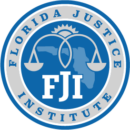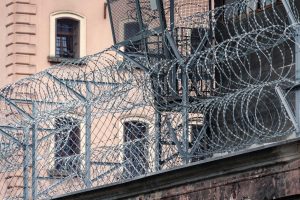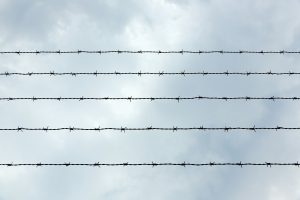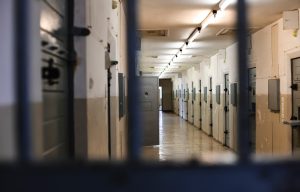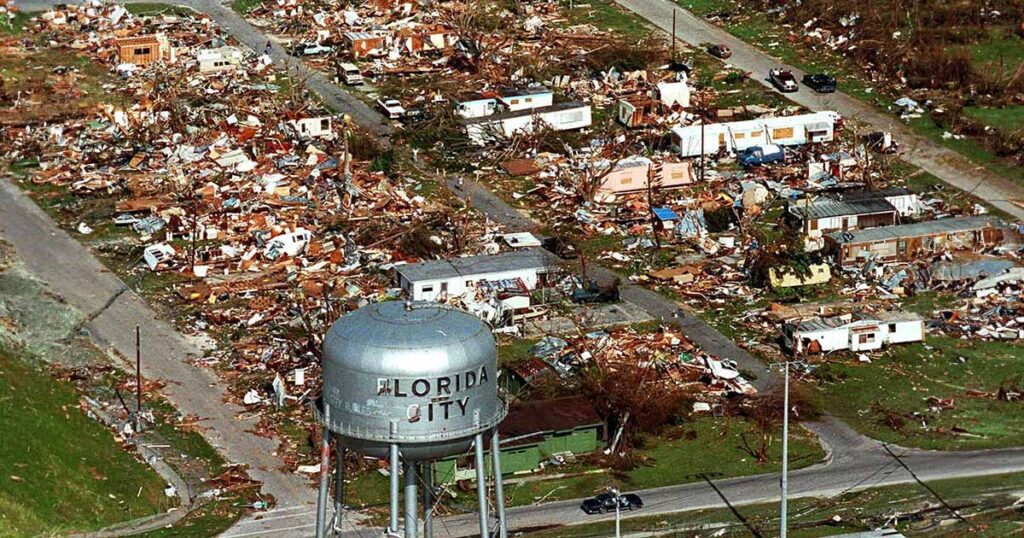
By Michael J. Langley | August 29, 2024
Florida Justice Institute, Executive Director
Back in August 1992, Hurricane Andrew devastated South Florida, displacing over 250,000 residents and upending the lives of those families in the region. People who once had the security of a home found themselves unhoused in the blink of an eye–victims of a natural disaster that seems to be happening more frequently today.
In the wake of such devastation, neighbors responded with compassion. Communities came together to offer shelter, comfort, and hope. As the nation looked on, many understood that extreme events should not define those directly-impacted people by their circumstances.
Fast forward to the present and it’s clear that society lost some of that collective empathy over time. Instead of rallying to support those in need, our governments are increasingly criminalizing homelessness.
The recent Grants Pass v. Johnson case is a stark example of this disturbing trend, where The Supreme Court of the United States upheld restrictions that penalize people for merely existing in public spaces when there are no safe alternatives available. This decision sets a dangerous precedent that enables punishment for poverty.
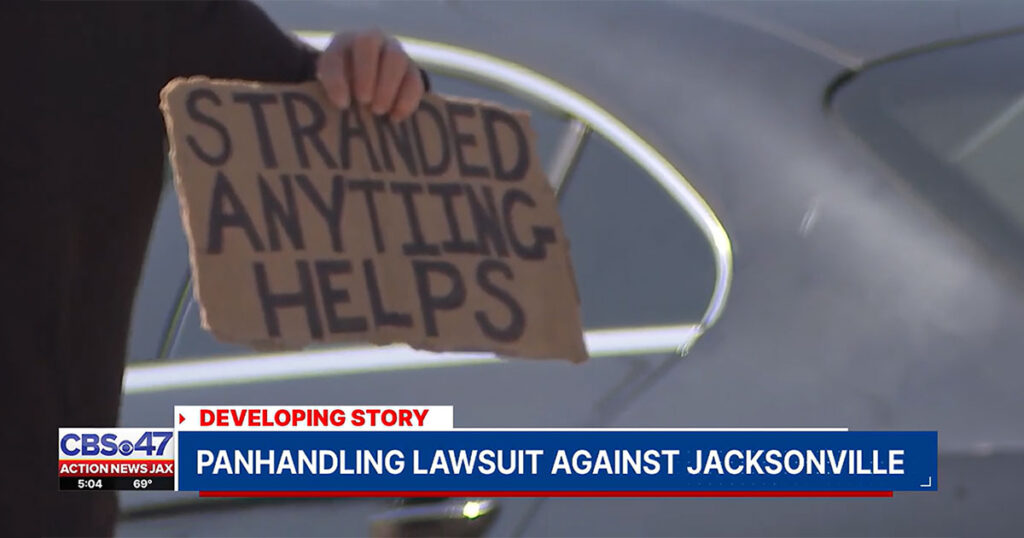
Florida is the literal ground zero for the constant threat of extreme weather. And, the implications of this punitive approach are especially troubling. As Hurricane Andrew demonstrated, homelessness can strike anyone at any moment.
Florida is already grappling with a severe homelessness crisis. The state saw an 18.5% increase in those suffering homelessness–the 3rd-highest unhoused population in the country–with 30,809 souls experiencing at least one night of homelessness in 2023.
Additionally, roughly 8.8 million Floridians fall under the ALICE (Asset Limited, Income Constrained, Employed) category where their household earns above the federal poverty line, however, experience the hardship of making ends meet in their communities. These households are often one paycheck away from eviction. With criminalization laws like Florida’s H.B. 1365 on the horizon, that means nearly half of all households in Florida are at risk of being put in jail for the inability to afford housing.
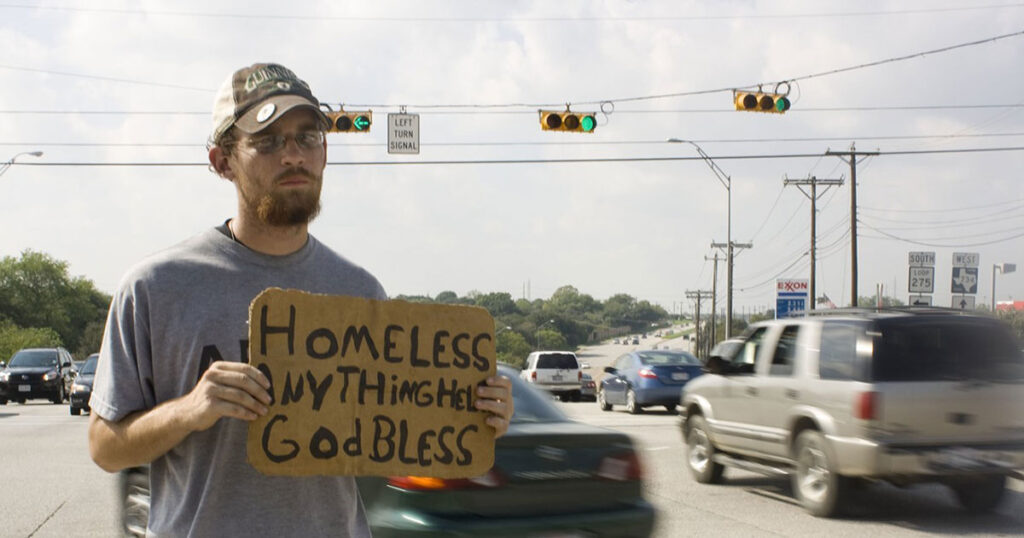
Compounding the issue is the lack of available shelter beds in the Continuums of Care (CoCs) that offer shelter and services to these vulnerable residents. Local governments often do not act to address these shortages because of vocal opposition from NIMBY (Not-In-My-Back-Yard) and BANANA (Build Absolutely Nothing Anywhere Near Anything) provocateurs.
While the reasons that someone may be housing insecure are numerous, criminalization only exacerbates the issue for those who already have limited means. Solutions are both moral and economic imperatives.
Florida Justice Institute (FJI) is on the frontlines of this fight, working to empower disenfranchised residents across the state. FJI’s staff works to challenge leaders around the state for smarter, more effective approaches than criminalization has on those experiencing homelessness by addressing the root causes of homelessness.

Hurricane Andrew taught Floridians a valuable lesson about how to rebuild stronger after the foundations turned to rubble. It’s time to apply that same lesson for those seeking to rebuild their lives after losing everything.
It’s time to reject the criminalization of homelessness and work toward systemic change that enables everyone to have a safe place to call home.
